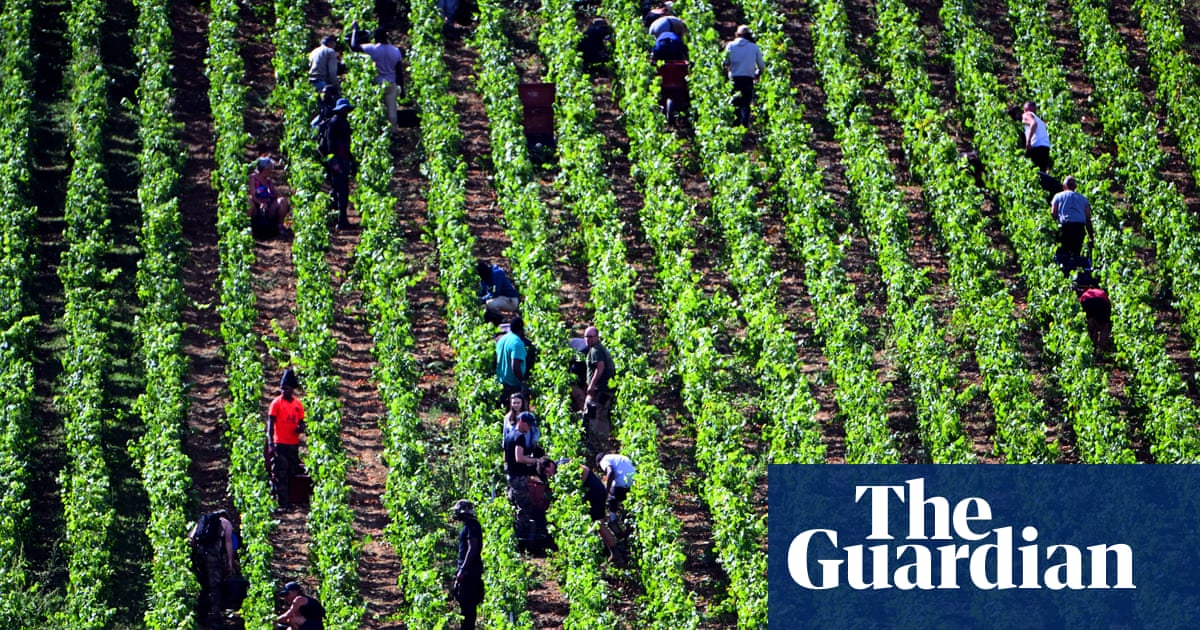
"Vineyards are generally the most inhospitable of landscapes for the humble earthworm; the soil beneath vines is usually kept bare and compacted by machinery. But scientists and winemakers have been exploring ways to turn vineyards into havens for worms. The bare soil is problematic because worms need vegetation to be broken down by the microorganisms they eat."
"Earthworms are important and threatened invertebrates the engineers of an ecosystem that may be as diverse as the Amazon rainforest. Their diggings aerate soil and they pull fallen leaves and other organic matter into the earth and recycle them. But their populations have declined by a third in the UK over the past 25 years due to pesticide use and over-tilling of soil."
"In France, the vineyards are 3% of the agricultural area, and they are using 20% of the chemicals. In vineyards, for the soil there is a lot of treatments, so there's a lot of compaction, and there is a lot of pesticides used. This all doesn't mean the soil is dead because dead soil doesn't exist, but it is the soil on which there is the most to do and on which we have a lot of data to do better."
Vineyard soils are often bare, compacted and heavily treated with pesticides, creating inhospitable conditions for earthworms. Earthworms require vegetation-derived organic matter processed by soil microorganisms and porous soil to move and feed. Earthworms act as ecosystem engineers by aerating soil and incorporating fallen leaves and organic matter, supporting biodiversity and nutrient cycling. Populations have declined substantially, with a one-third drop in the UK over 25 years linked to pesticides and over-tilling. Increasing grass and plant cover, reducing tillage and limiting chemical treatments can support low but surviving worm populations and leverage soil resilience to restore ecosystem functions.
Read at www.theguardian.com
Unable to calculate read time
Collection
[
|
...
]